AARP Hearing Center

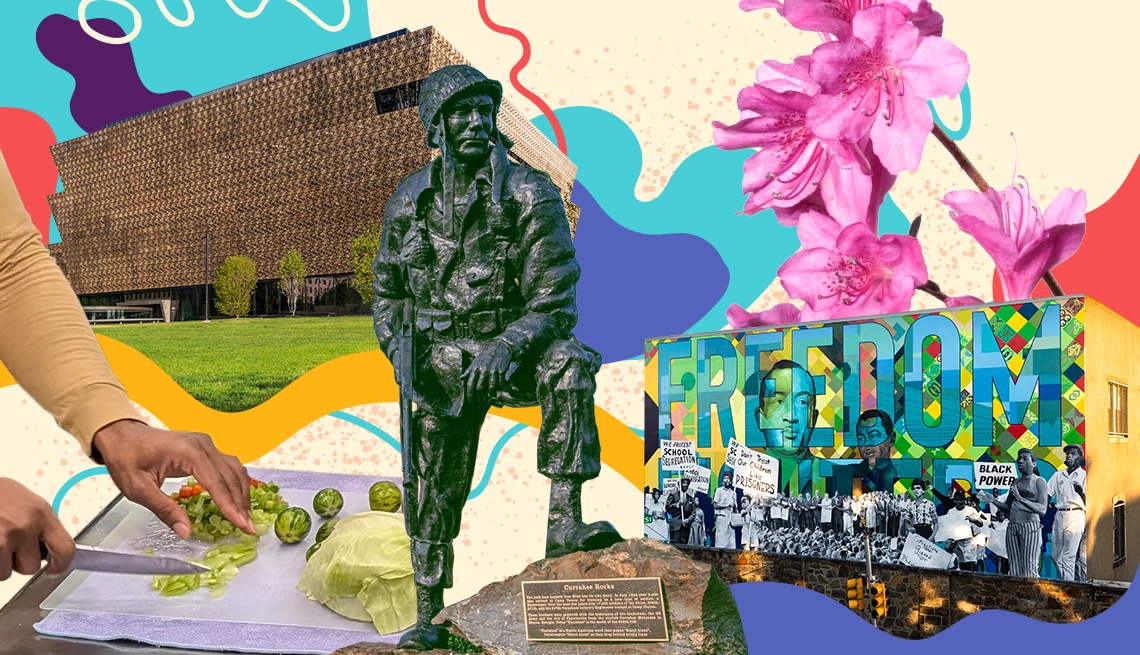
In 1976, Americans celebrated the country’s first Black History Month with a message honoring the month from President Gerald Ford. But the monthlong celebration has roots stemming back to 1926, when Carter G. Woodson, a Black historian, author and publisher, created a weeklong celebration in mid-February. Woodson realized that African Americans would need to take great effort to preserve their own history. He also wanted to create opportunities for African Americans to be proud of their shared history. His creation of Negro History Week, which coincided with the birthdays of President Abraham Lincoln and abolitionist and author Frederick Douglass, would eventually pave the way for the monthlong celebrations held today.
Every year, Woodson’s organization, the Association for the Study of African American Life and History (ASALH) chooses a theme for Black History Month. The theme for 2025 is African Americans and labor. The theme is intended to encompass all the ways Black people have historically and currently experienced labor. According to the U.S. Bureau of Labor Statistics, that includes the experiences of 4.12 million Black Americans who are 55 years and older who worked full- or part-time jobs, as of 2023. The theme also encompasses the experiences of generations who came before today’s workforce, both free and enslaved.
Whether following the labor theme or the interests of local communities, there are notable Black History Month events occurring across the country throughout February. Check out the highlighted listings below, both online and in person. AARP’s state affiliates are hosting nearly two dozen events across all U.S. regions, some of which are included in this list.
In person

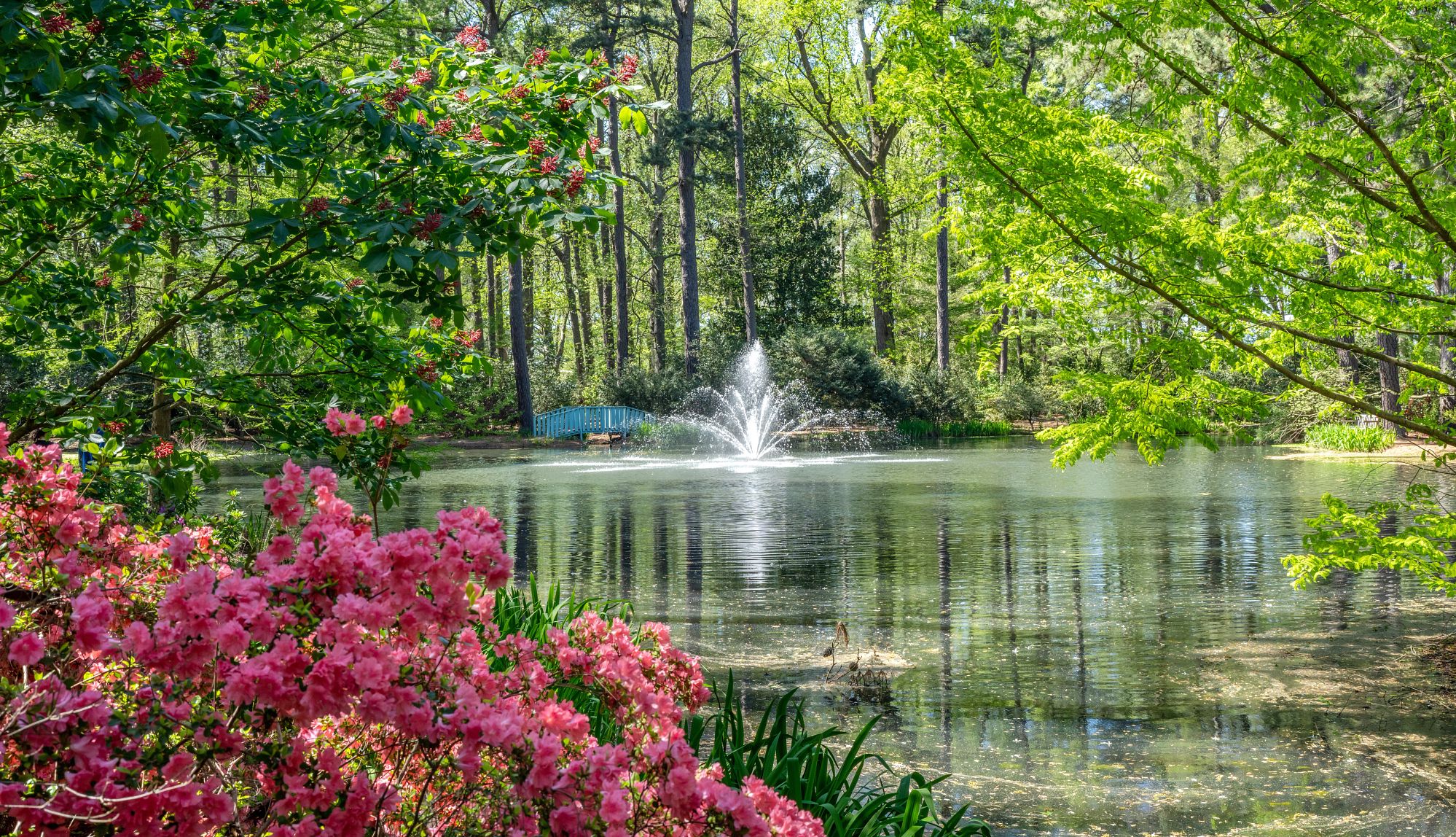
Norfolk, Virginia
On Feb. 24, the Norfolk Botanical Garden will have a private screening of the documentary, Rhythms of the Land, which tells the stories of generations of Black farmers from enslavement to present-day. The garden also will have an art exhibit through the months of January and February, showcasing the work of local Black artists such as Chris Green.
The garden, which has hundreds of azaleas, was created by 200 Black women and 20 Black men as part of a Works Progress Administration (WPA) project during President Franklin D. Roosevelt’s New Deal. It’s the only known WPA completed exclusively by African Americans.
“What better way to honor our agricultural and ancestral history by remembering those contributions,” says Dee Hall Goodwin, a flower farmer who’s on the Norfolk Botanical Garden’s President’s Council on Inclusion and Diversity.
A statue in the WPA Memorial Garden pays tribute to the African Americans who built it.































































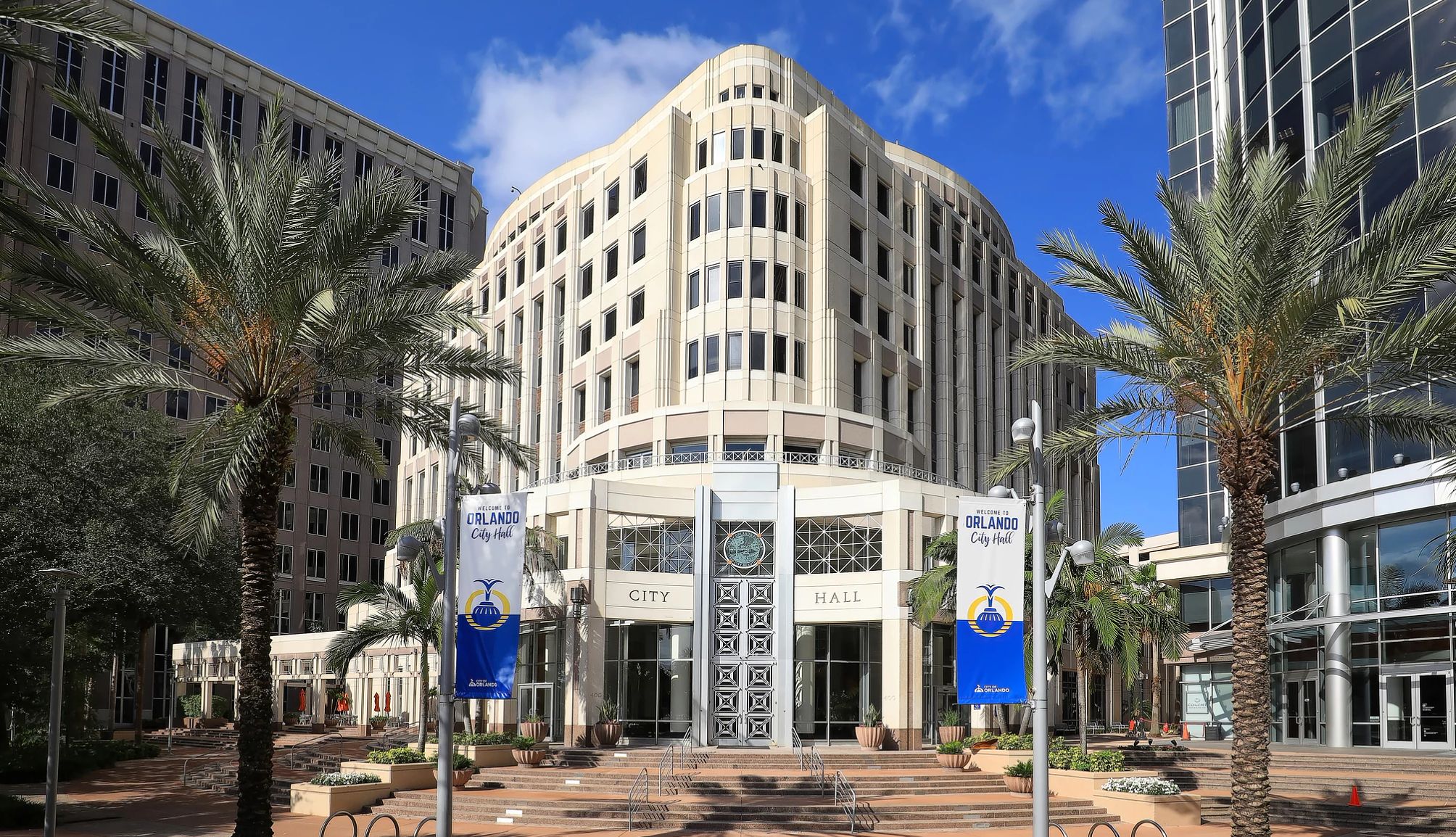
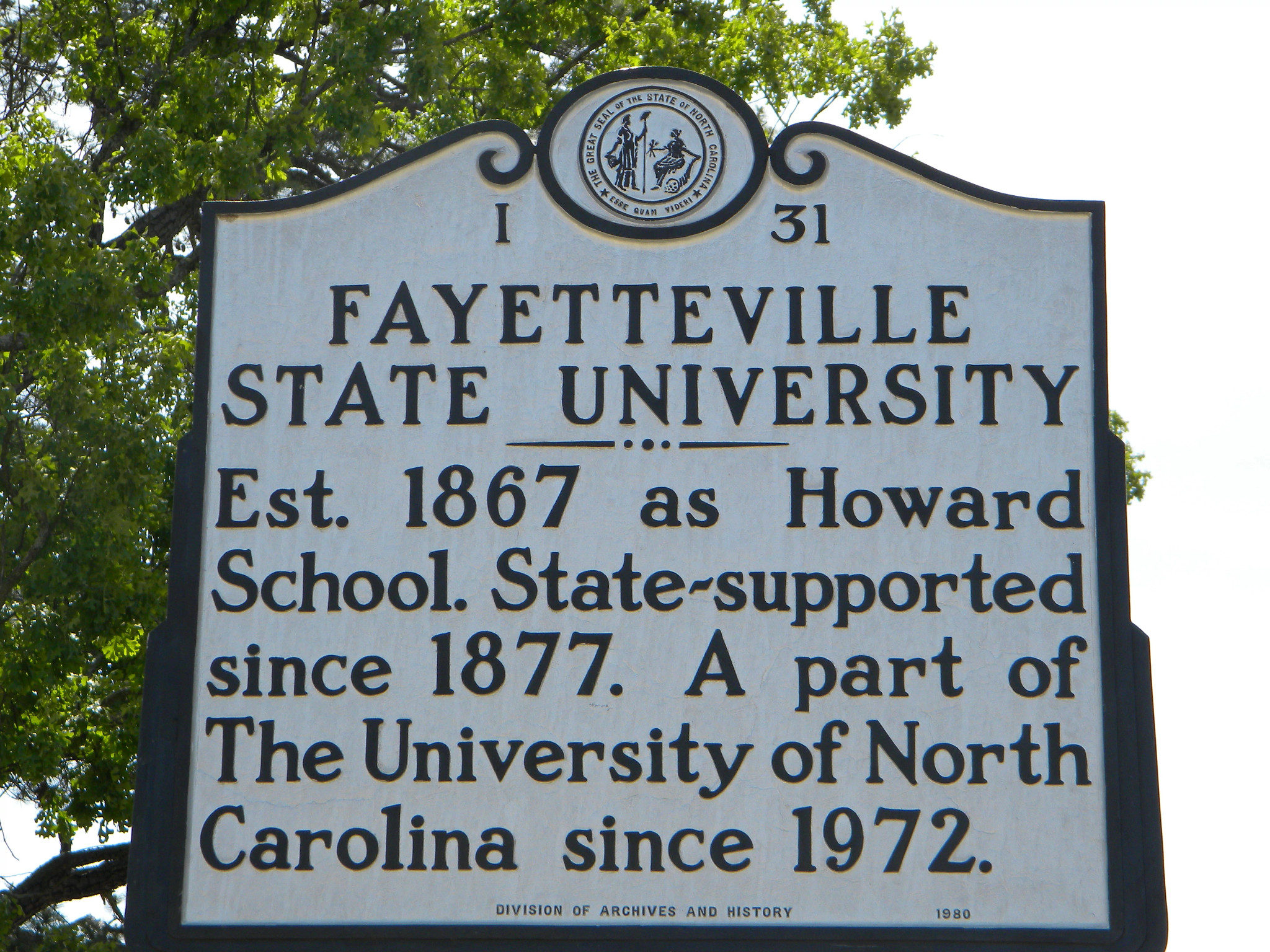.jpg?crop=true&anchor=29,296&q=80&color=ffffffff&u=lywnjt&w=1958&h=1125)


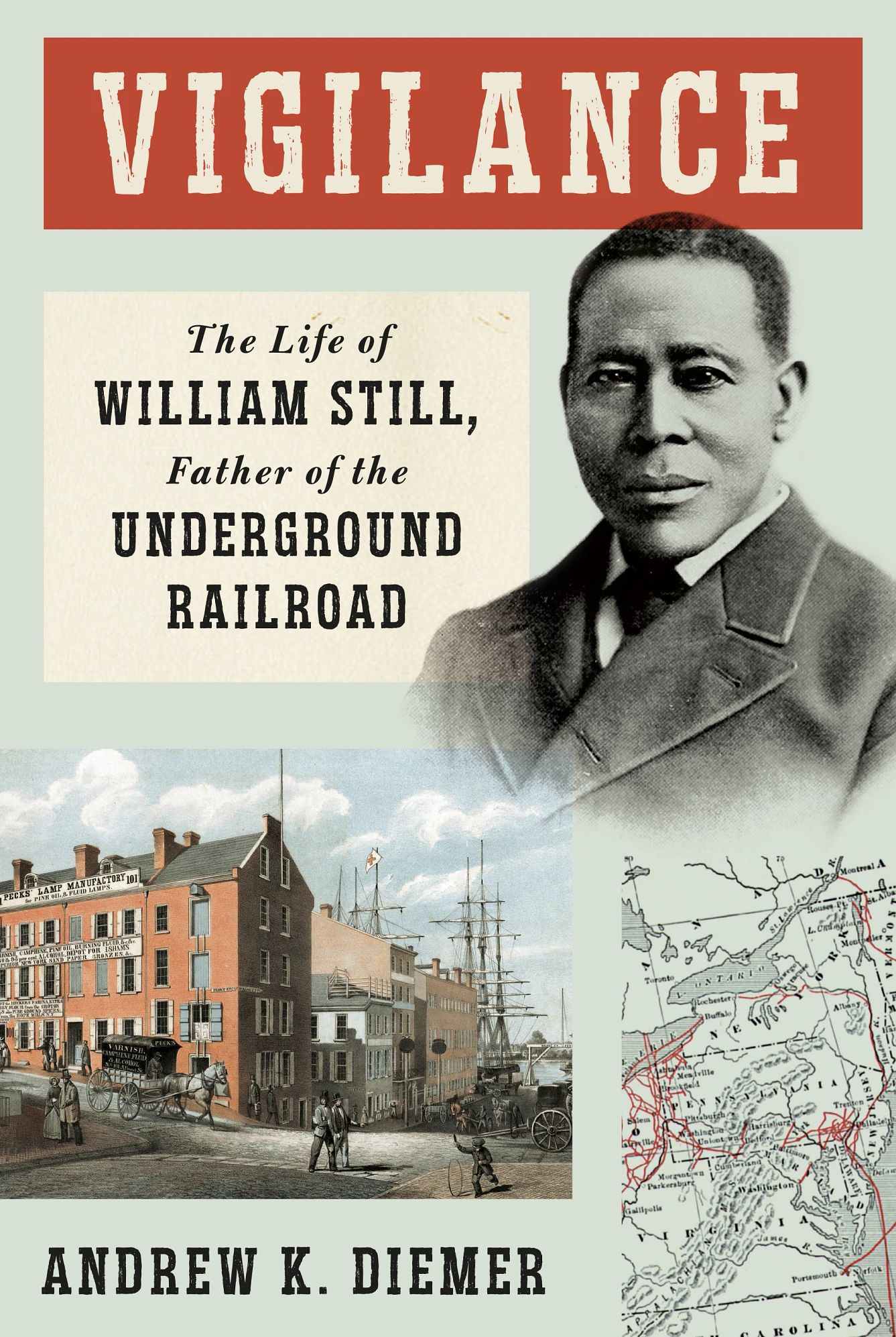

.jpg?crop=true&anchor=26,255&q=80&color=ffffffff&u=lywnjt&w=1845&h=1060)


More From AARP
Our Search for Lost History
John Mills researches people who were enslaved—and shares with their descendants
Jesse Jackson: ‘I Have the Ability and the Will to Fight’
The civil rights icon spoke with AARP
Bernice King, MLK’s Daughter, Reflects on Legacy
King ponders the impact of the March on Washington